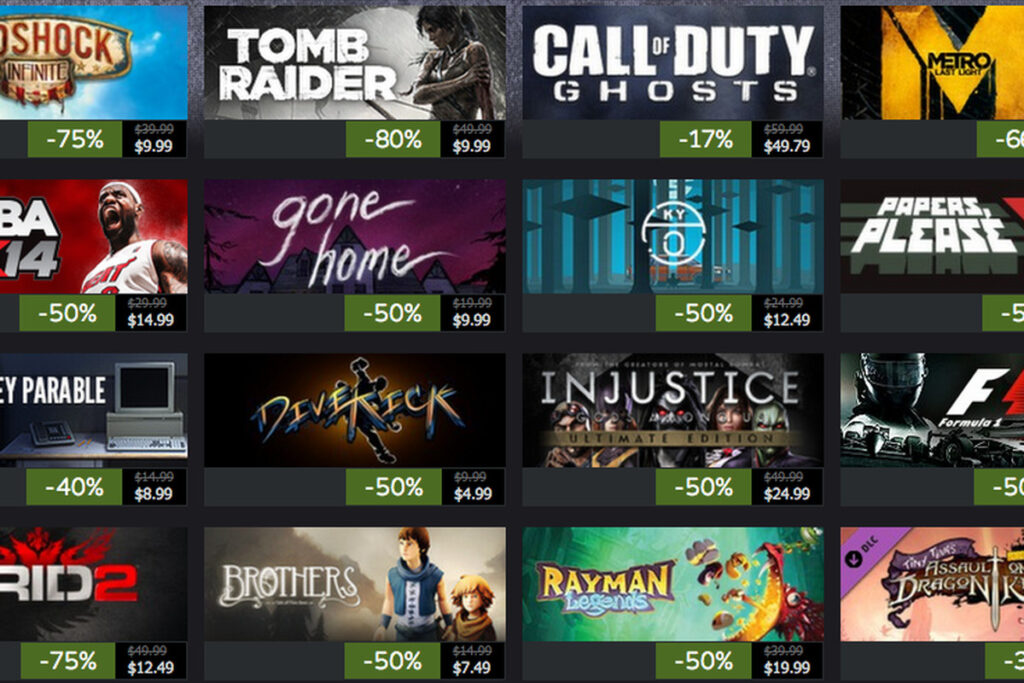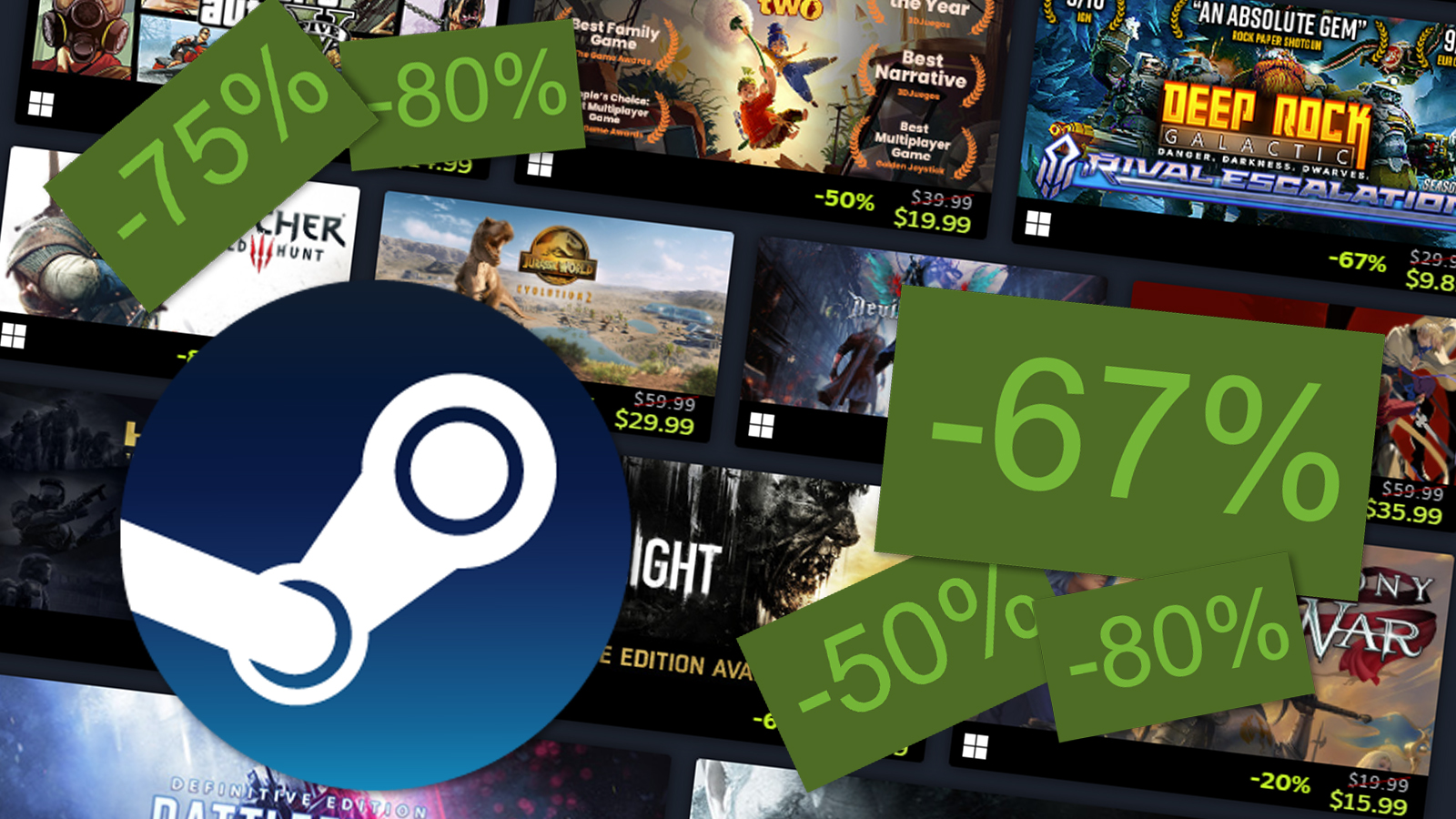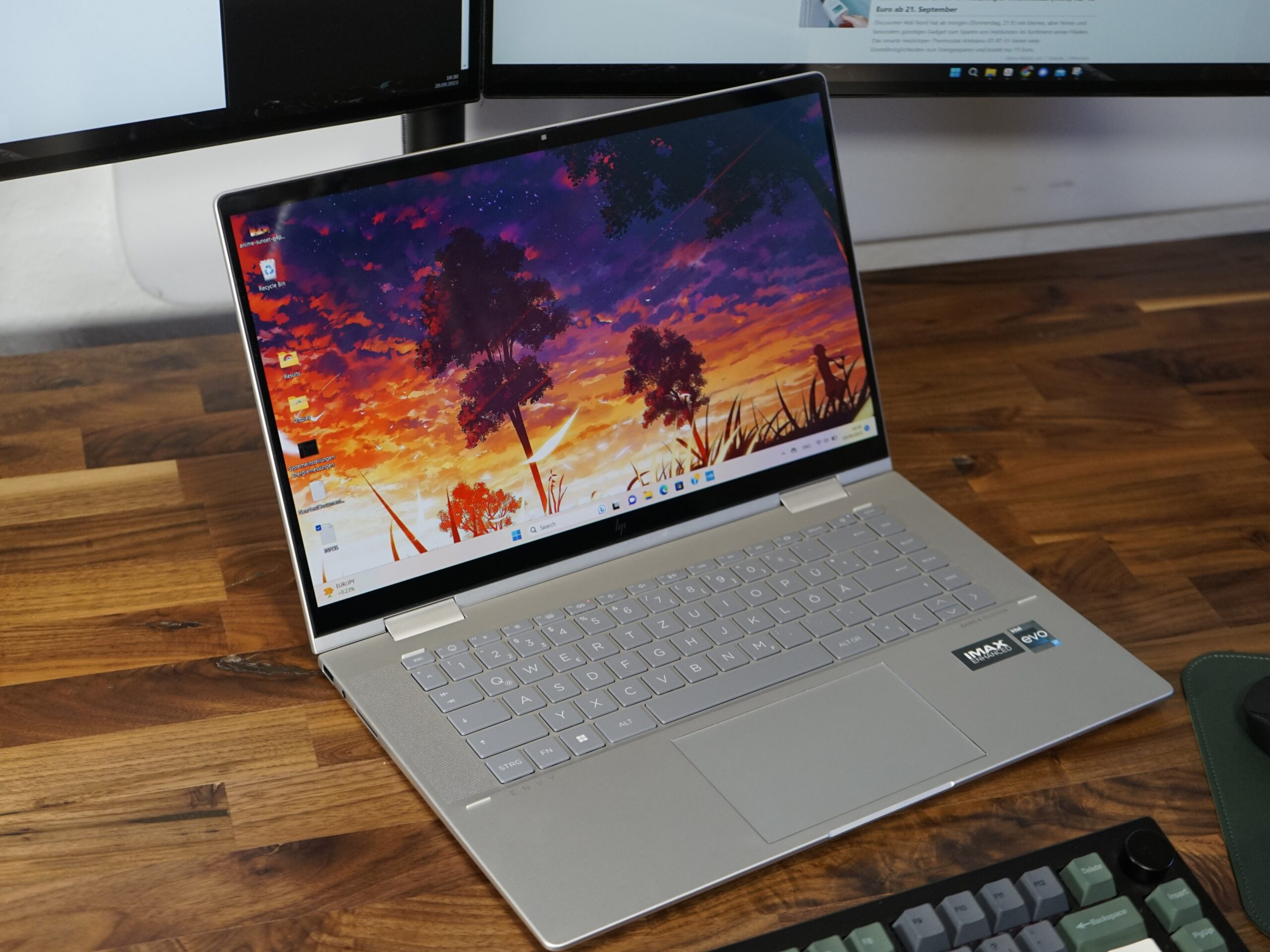
While investing in a gaming PC might demand a higher upfront cost compared to its console counterparts, savvy gamers know the real savings lie in the strategic approach to game purchases. According to a recent consumer survey conducted by Ultra and Atomik Research, it appears that the majority of PC gamers—roughly 68 percent—prefer not to shell out the full retail price for their gaming experiences. In a gaming landscape where AAA titles can reach a hefty $70 USD, only 36 percent are willing to make the leap at launch, while the rest opt for patience, waiting for enticing sales or bundled offers, such as those found on platforms like the Humble Bundle.
Gleaned from the responses of 2,000 PC gamers, the survey reveals a balanced divide among the cost-conscious gaming community. Another 32 percent admit to obtaining their games for free, leaving us to wonder if they are avid fans of free-to-play titles or enthusiasts benefiting from the weekly PC game giveaways on platforms like the Epic Games Store.
Interestingly, three-quarters of respondents expressed concern over the perceived high cost of PC games. However, this general sentiment may overlook the fact that the 75 percent who deemed PC games expensive also claimed to frequently purchase indie games—a category known for its often more affordable pricing. Additionally, the comparison between PC and console game pricing, considering licensing expenses, might present a more nuanced perspective.
It’s worth noting that the survey was commissioned by Ultra, a gamer-focused digital store, as part of its efforts to boost interest in its platform. While the data sheds light on gaming habits, consumers are advised to interpret the statistics with a degree of scrutiny. Nevertheless, one universal piece of advice emerges—patience remains a key strategy for frugal gamers. Waiting for that hot new title to experience a significant price drop over the next year, or exploring the depths of an existing backlog from various Humble Bundles, proves to be a tried-and-true method for keeping gaming expenses in check.




